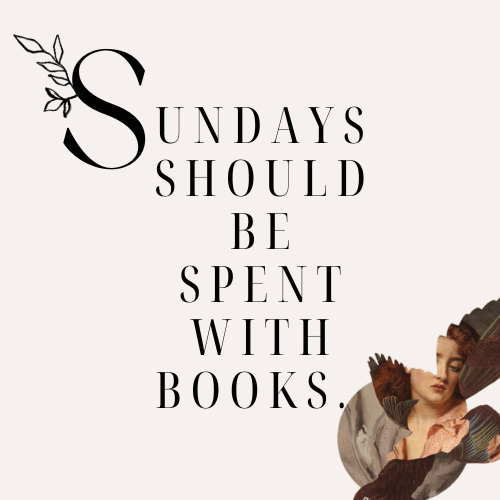All Among the Barley | Melissa Harrison
"For the fields were eternal, our life the only way of things and I would do whatever was required of me to protect it. How could it be otherwise?"
What to say about this book? First off, I did not particularly enjoy it, though it was not bad. It may be that I have simply read it at the wrong time - after a few truly great books with impressive feats of imagination, this story is grounded in the fields of rural England. Part a coming-of-age story, part a cautionary tale of the rise of fascism and anti-Semitism, it struggled to hold my attention, but I persevered. The dangers of nostalgia and looking at the past with rose-colored glasses is also one of the main themes of the book.
Edith Mather - Edie, is a fourteen-year-old farmer's daughter. Living at Wych Farm with her parents, a grandfather and an older brother, with her sister married off, she is used to the hard labors required to run a farm and make a profit one can live off of. Born after the Great War, it is now 1933, she doesn't remember it, but had heard stories of loss and decay, of men that never came back from the front. It's like the event still casts a shadow over their little village. With no friends, Edie finds company in books, and is the only real reader in the family. She can be so lost in a book and a story she starts making one up of her own. Full of little superstitions, she only stops reading on a sentence of seven words. She also traces the daisy-mark (or a witch-mark) in her room, later tracing it on her stomach or her palm.
An event that will change their village and her life forever is the arrival of Constance FitzAllen to their sleepy corner of the world, a writer on a quest to publish a book about the rural life, the lost ways of doing things that were better than the progress being made. At first, people are reluctant to accept her, but her sweet talk gets everyone to open up and soon she is publishing a column in a newspaper about them. What draws Edie to the young woman is her worldliness - she wears trousers, comes from London, she goes into the local pub (only men can go in there!) and she talks farming and politics with her father! The fascination grows over time but you can feel something bubbling beneath the surface.
Another thread we follow is the relationship between Edie and neighbor Alfie Rose. It is pretty clear that the relationship is not really consensual, with the girl opening up her blouse, hoping seeing the bare flesh of her breasts would make him be gentler and not pinch her as well as letting him have sex with her. No one says the actual word abuse or rape but you can infer that's what it was. On more than one occasion she avoids being alone with him, says she never wants anyone to touch her again and sort of disassociates when her kisses her. Edie feels she must do what he wants and it just fueled my rage as I read the book. I found it truly grueling to read those passages.
And of course - the final thread, the madness. There are hints throughout, with Edie's paternal grandmother being committed to an asylum, as well as the girl's quite strange beliefs of being a witch. The climax is sort of left open, with the mention of the aftermath. The story is being told fifty years later, by an elderly Edie who is preparing to leave the soon-to-be-closed institution she had been living in and rejoin the society of her hometown of Elmsbourne.
"There's no sense in women getting angry, child. It changes nothing or it changes everything. And neither's any good."
I am uncertain about my feelings about the story. It is heartbreaking - with the tale about the women who were committed to these institutions for the tiniest infractions (just being plain tired, being a bit different, having a child out of wedlock) and never being allowed to leave, as well as the personal relationships between Edie and Alf (he later writes a letter telling her he remembers her ardor and passion - quite imaginary, dear Alf - and this comforts him when he thinks he might have been too forward with her), or even between Edie's parents - Charles beat Ada when she voted and in a conversation says the next time she votes it will be when he lets her and who he tells her for. Just a lot of bad men that made me enraged.
I don't know whether to recommend this book. Be warned that there are long passages about farming and wheat and barley, lots of waxing poetic about country life (I live in a village, it's not romantic) that I found plain annoying. So, proceed with caution. On the covers of my edition there are lots of quotes proclaiming this "the book of the year" (published in 2018) so I must assume I should have been English to appreciate it more and grasp its impact upon these reviewers. I just don't quite see it.



0 comments